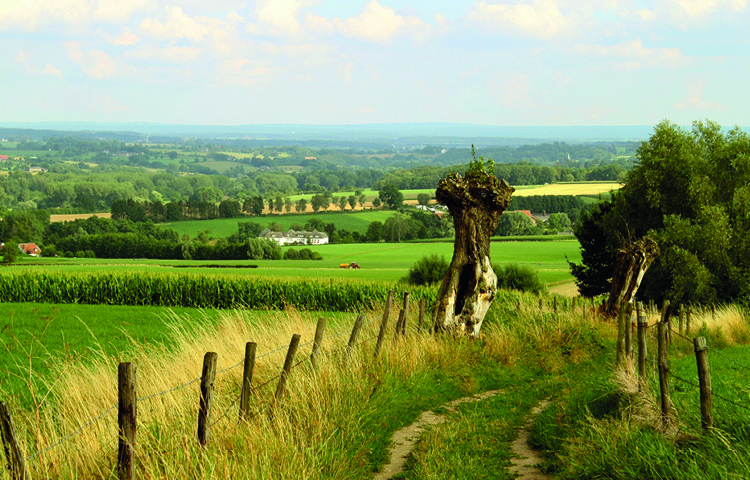
The legal maxim ‘once a highway always a highway’ means that a public right of way, (eg footpath) does not cease to exist, even if no one uses it.
A public right of way can exist on private land if the land was previously used as a right of way, has been accessed by the public for at least 20 years and no-one has asked them to stop using it, or the land owner has given permission for it to be used (known as permissive access).
Historical evidence such as old maps, guide books and journals are typically used as evidence. It is important that when we represent a purchaser of land, we always ensure that there are detailed inquiries requests of the vendor to ensure any issues are identified at the time. Unfortunately, the difficulty, although extremely rare, is that the vendor themselves may not be aware of a public right of way if this has not been used during their ownership. We always advise you to walk the land and establish local knowledge yourself before committing to any purchase of land. You may still wish to consider buying the property, but at least you will be fully informed.
Therefore a definitive map record which contains the record of public rights of way is in effect not definitive. If a route is not on the definitive map this does not mean the route is not a public right of way. We always advise our clients to instruct us to undertake a local authority search, the local authority being the custodians of the definitive map and statement. They are obligated to keep the definitive map under review and to modify by adding, diverting, reclassifying or removing rights of way.
It is worth noting that it is likely that there will be a number of increased claims for lost highways as the cut off time for an application to do so is the 1st January 2026 ,as contained in the Wildlife and Countryside Act 2000 section 53 A.
If you’re purchasing land please get in touch with our team for the best legal advice.